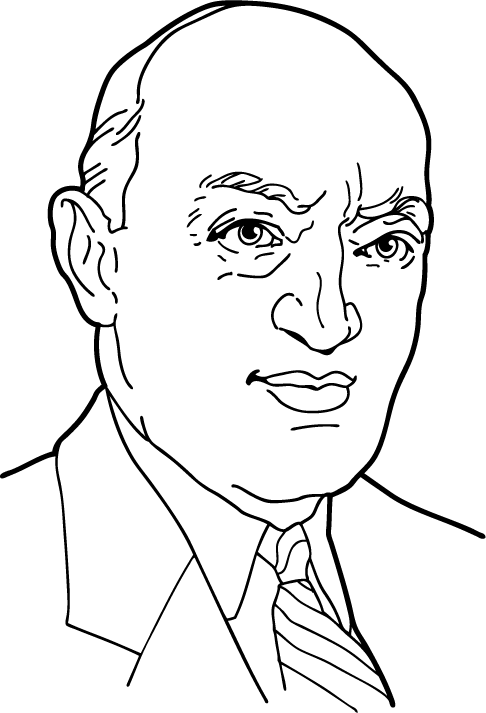Business Thinkers
1883 - 1950
Joseph Schumpeter

Biography
Schumpeter was born in Triesch (now Trest in the Czech Republic), and obtained a doctorate in law at the University of Vienna in 1906.
He then travelled widely in the academic world before entering politics, becoming the Austrian Minister of Finance. In the 1920s his life became a roller-coaster as the Austrian economy collapsed and he suffered a miserable time in his private life.
One of the great economists of the 20th century, Schumpeter believed that business cycles could not be forecast, and that the entrepreneur drove the economy, with new inventions forcing out the old by "creative destruction".
As a supporter of capitalism, he believed it would be destroyed by excessive national debt and inflation. He also warned against the articulate classes over-rewarding themselves while paying manual workers only sufficient to keep them passive – but not enough to stimulate higher production.
The foundation of his beliefs was that the economy was constantly on a passage between boom and recession, and could be in equilibrium only for short periods.